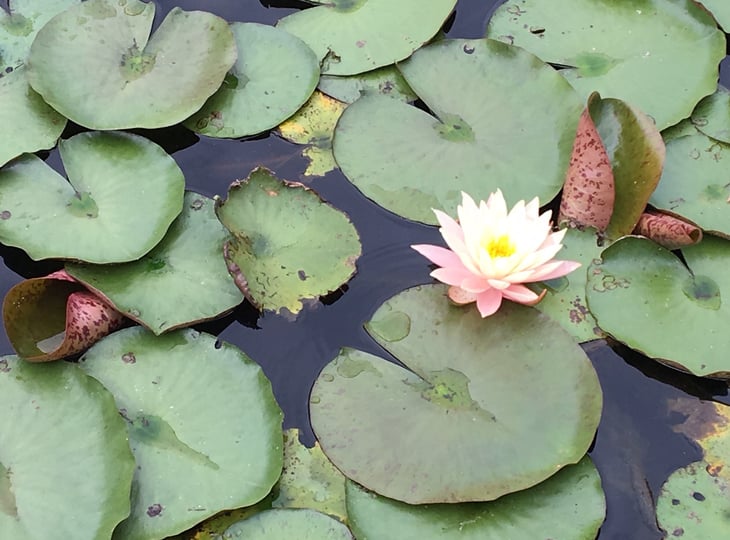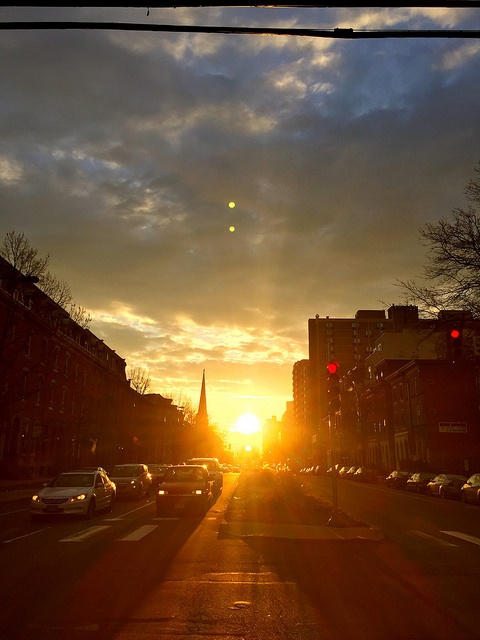I am affected by Seasonal Affective Disorder, or SAD for short. Ironic as it may seem, SAD tends to make me sad. It affects my mood, my motivation, and my ability to focus.
What is the cause of this yearly disturbance? It’s related to the change in seasons. As autumn progresses, the sun shines more directly over the Southern Hemisphere, until it reaches December 25, when it begins to make its way slowly back toward the equator and the Northern Hemisphere. This scientific phenomenon is the reason why the sun does not rise quite as high in the fall and winter as it does throughout the rest of the year. Lasting darkness causes my seasonal depression and lethargy.
When I was a kid, my parents would trick me into an earlier bedtime by reminding me that when it was dark outside, I should be asleep. Now at 26 years old, I just feel depressed during the darkest months of the year. It’s hard to wake up because it’s still dark outside. My office doesn’t get much natural light, so I’m sleepy all day. And, the sun begins to set before or during my commute home. Thus, I’m sluggish, mildly depressed, and my diet shifts radically toward fatty, salty, comfort foods.










